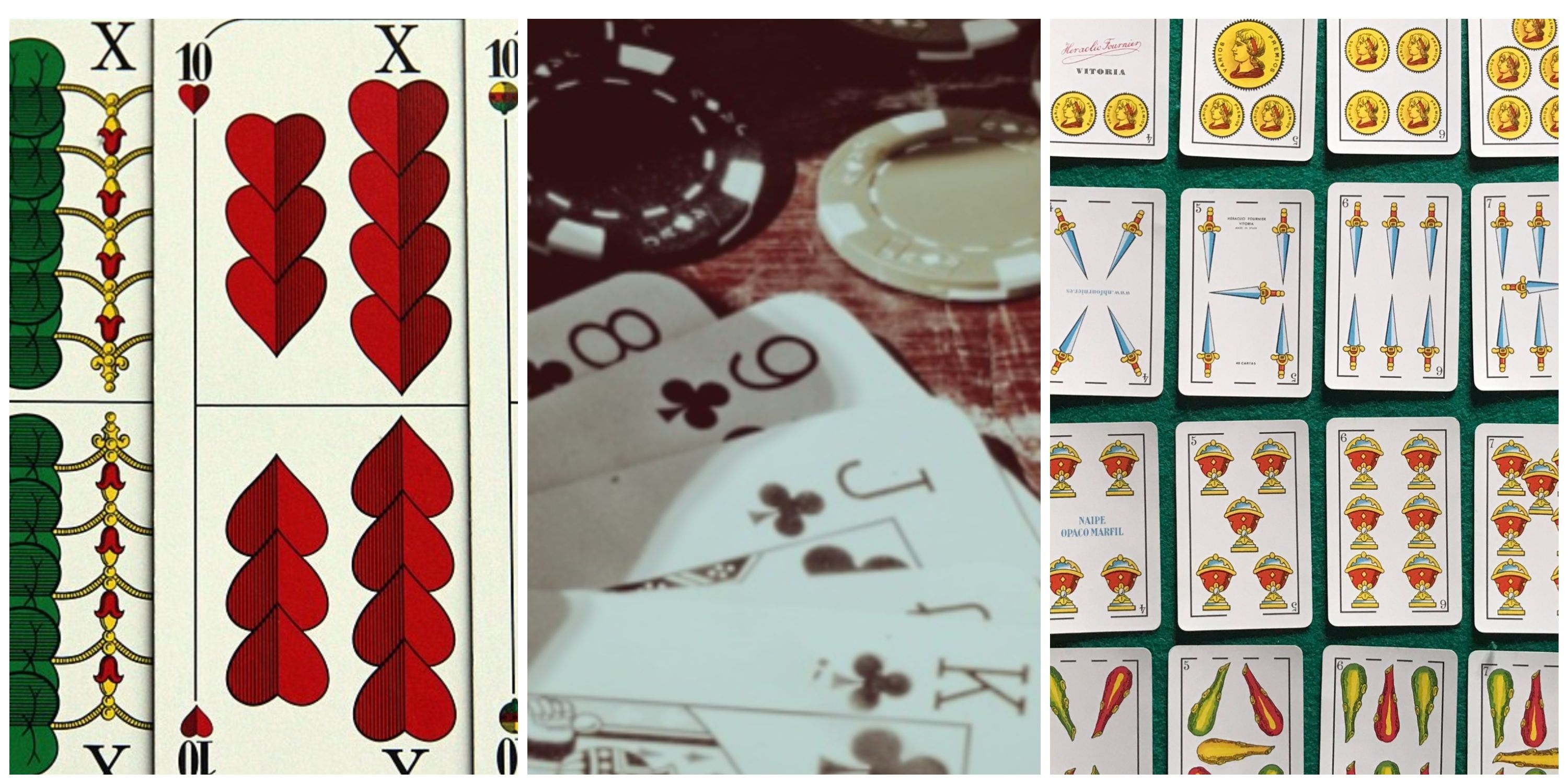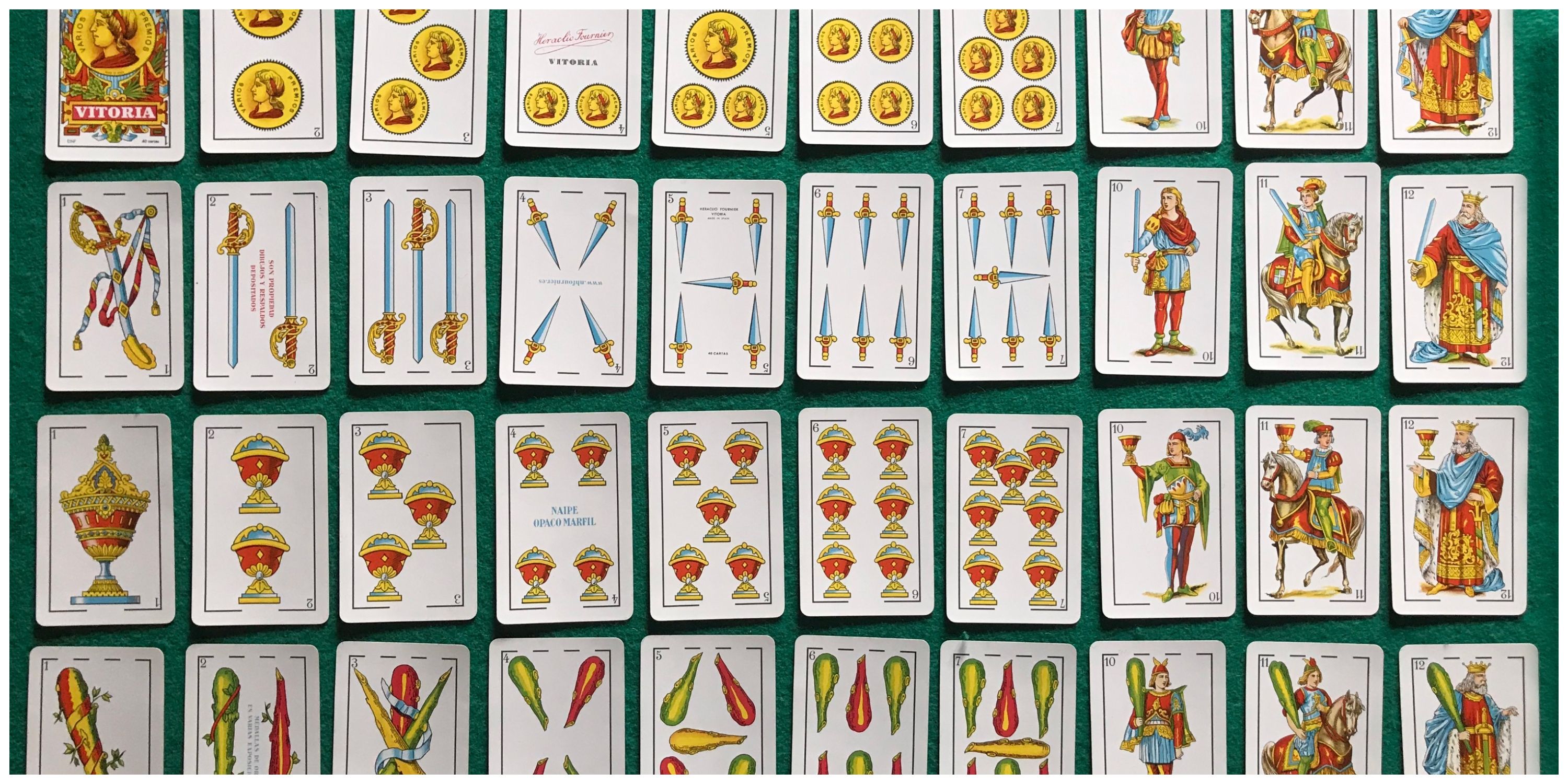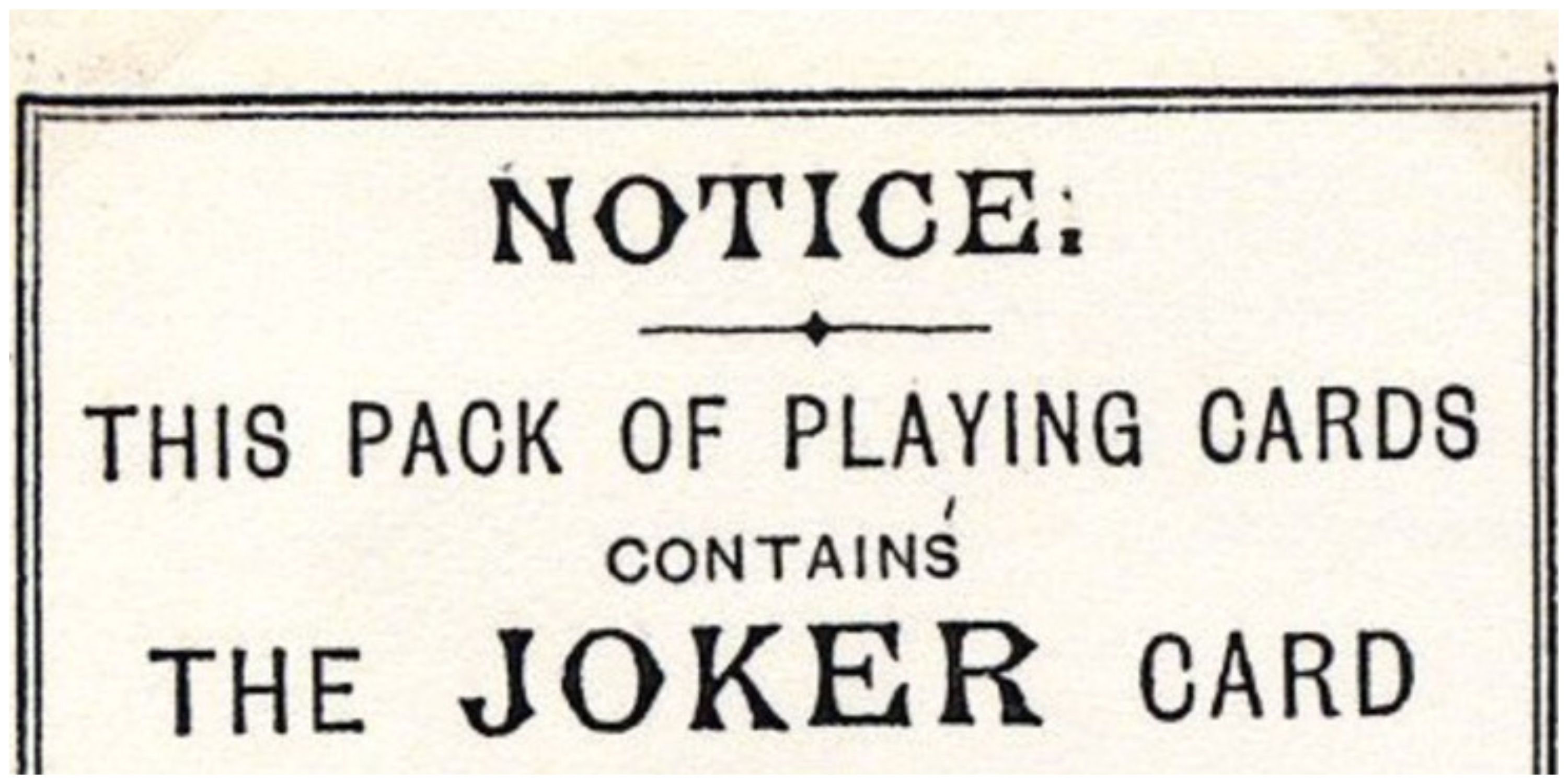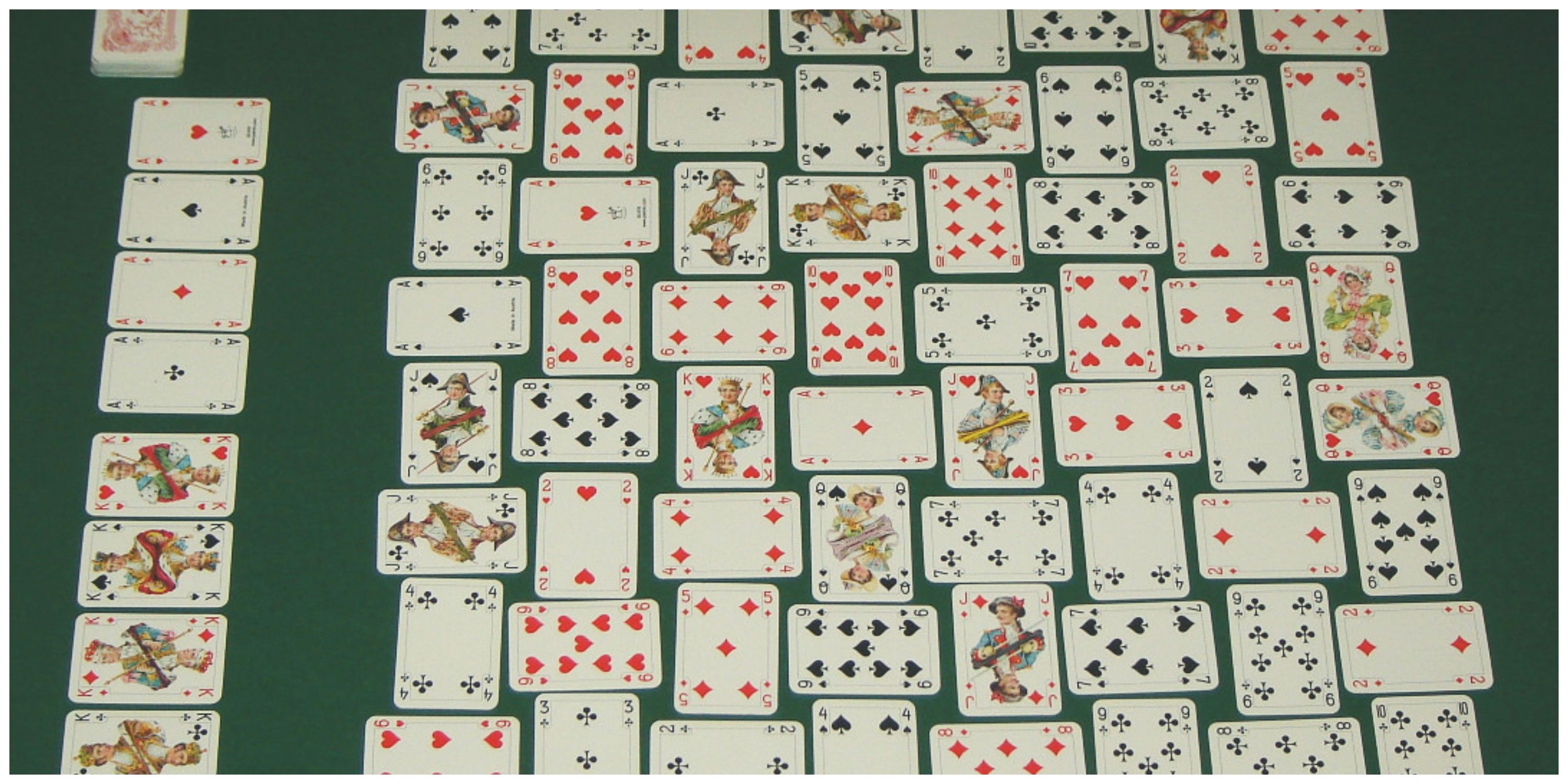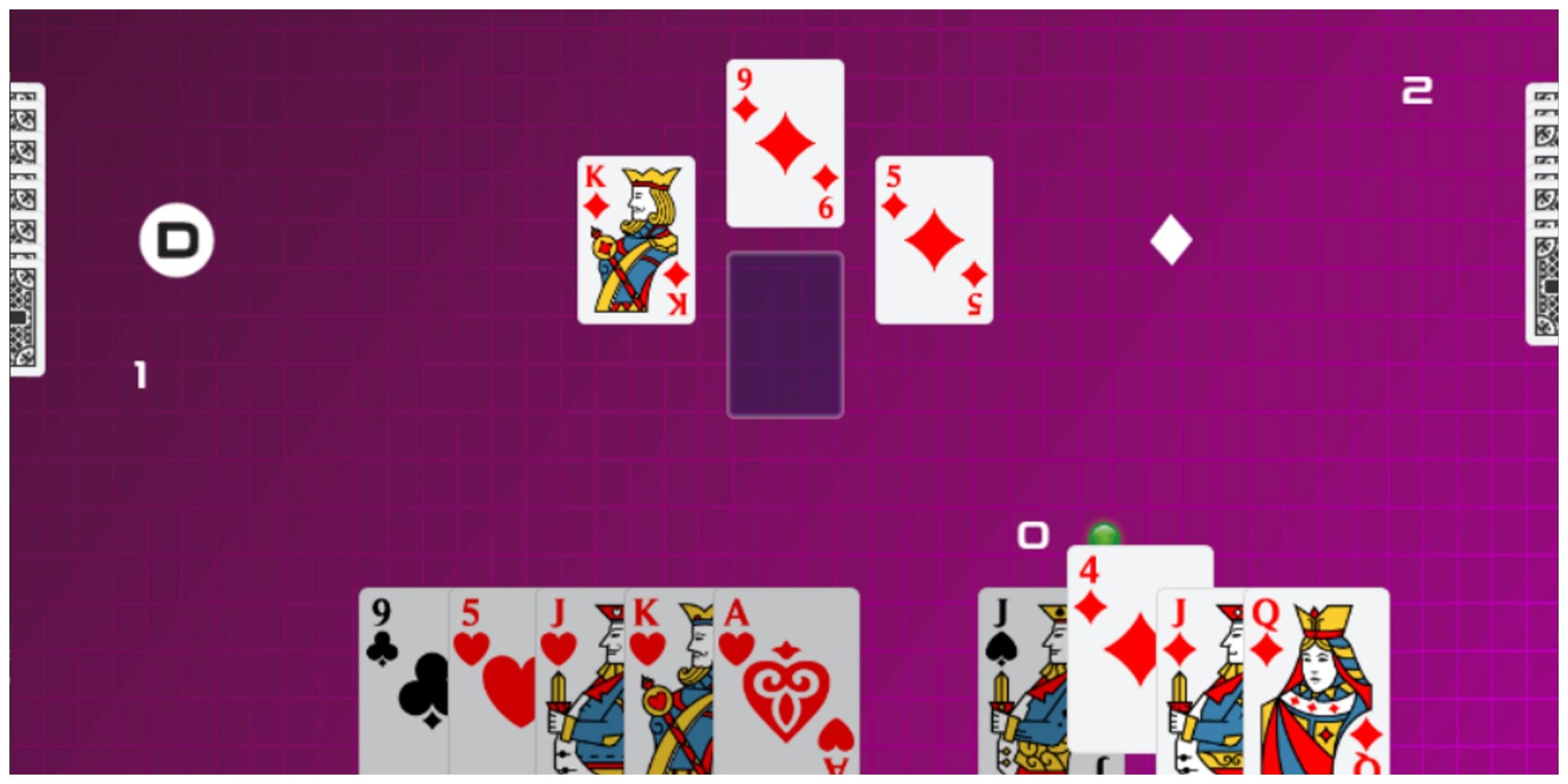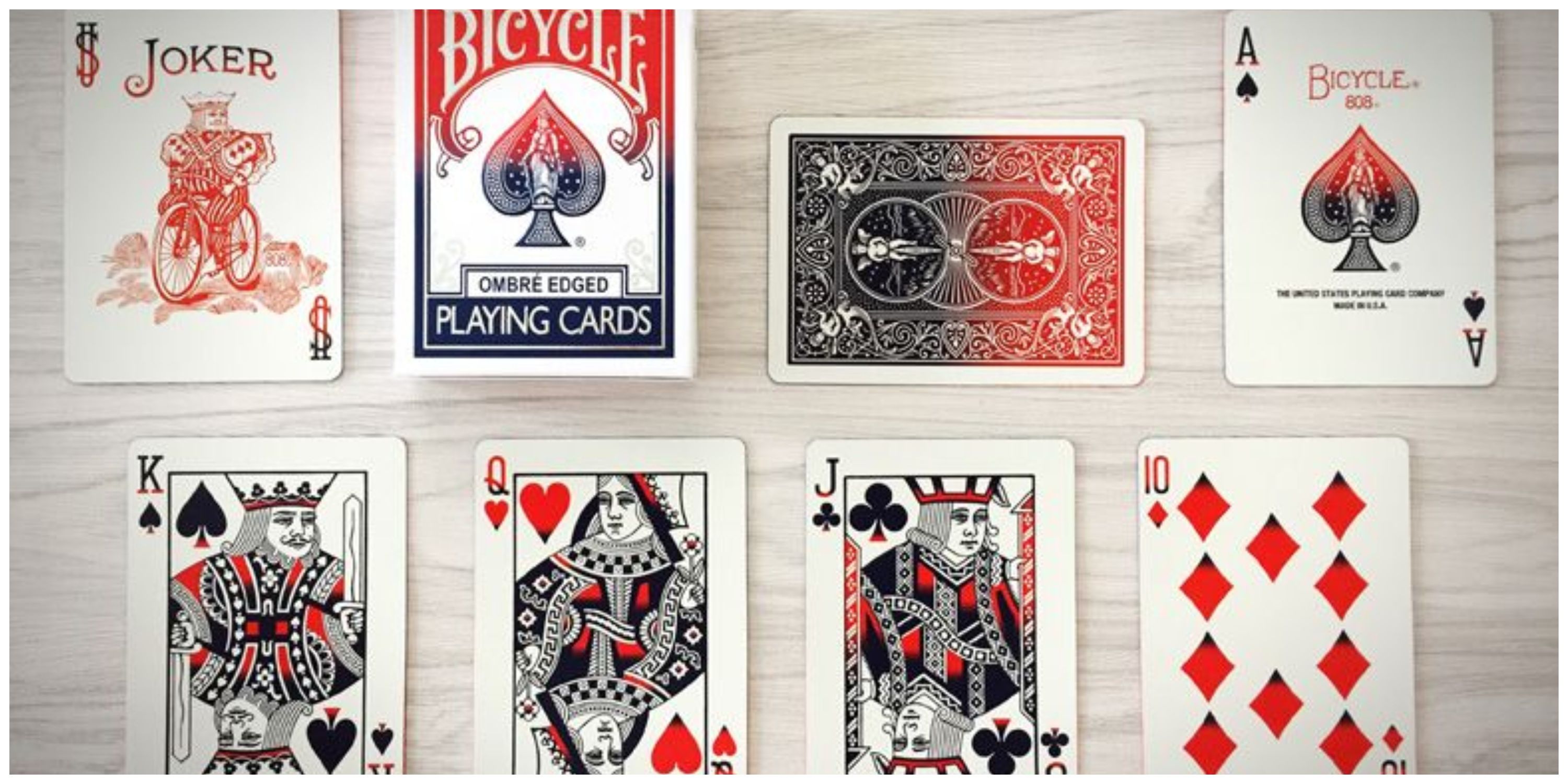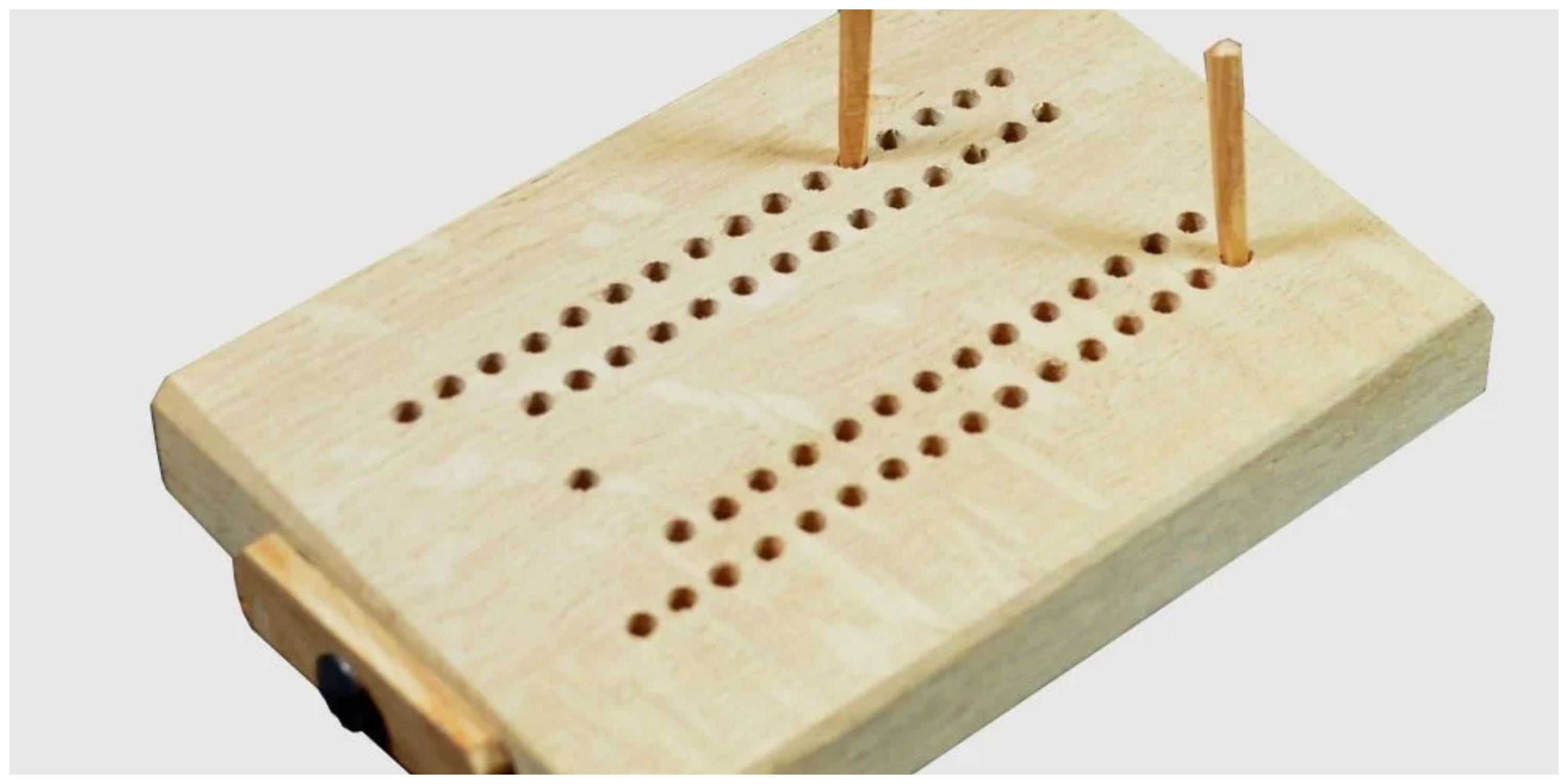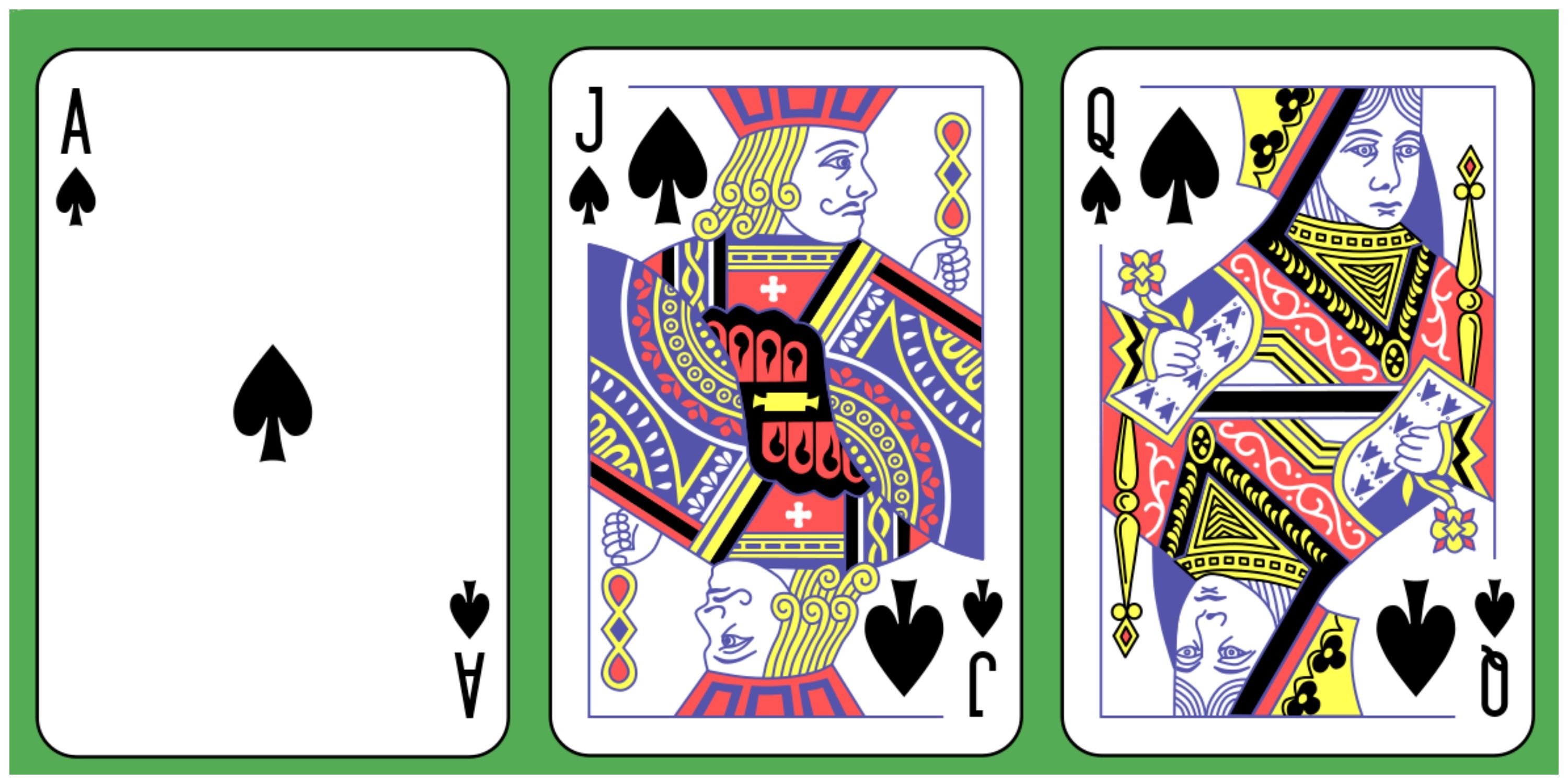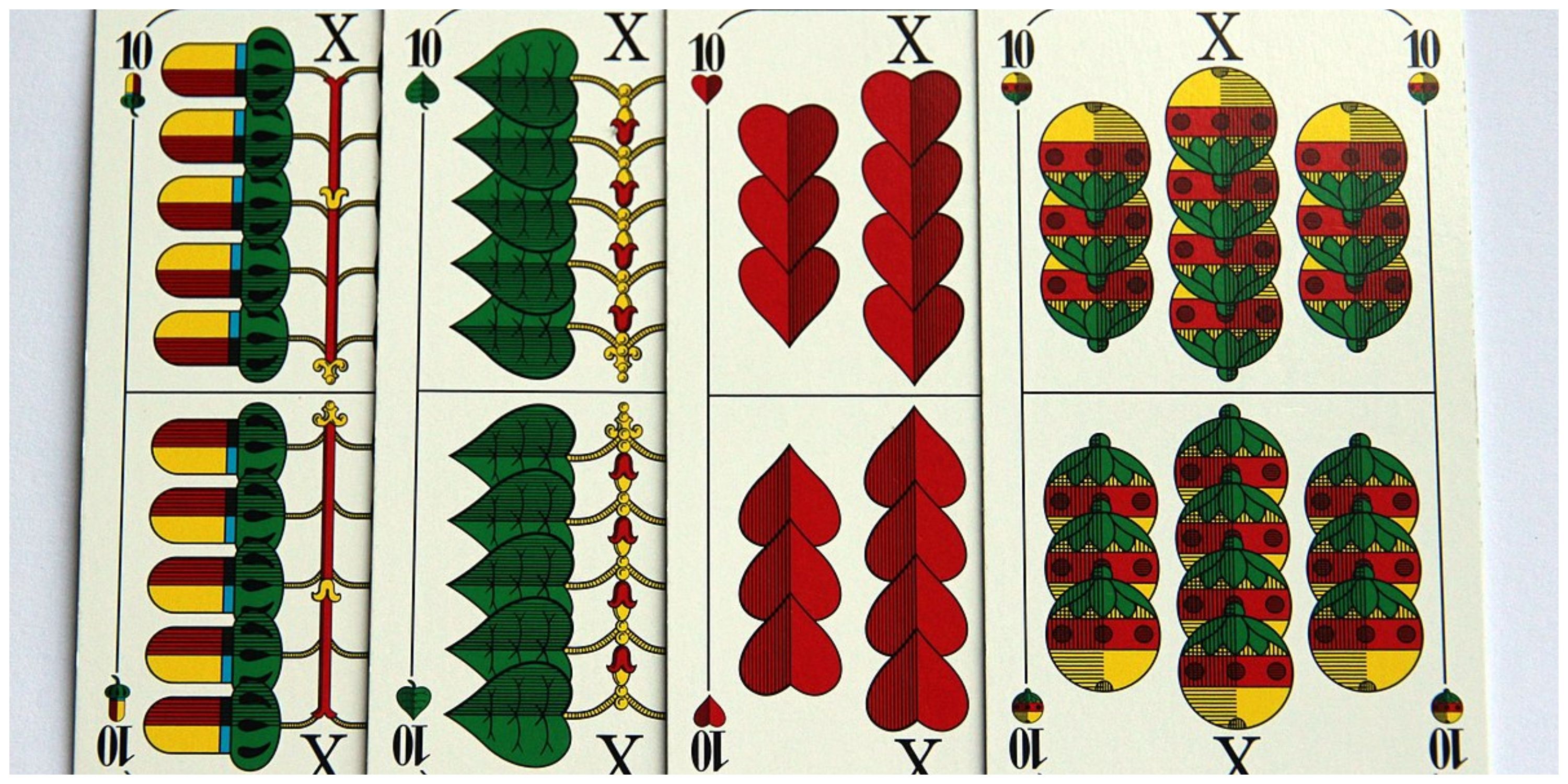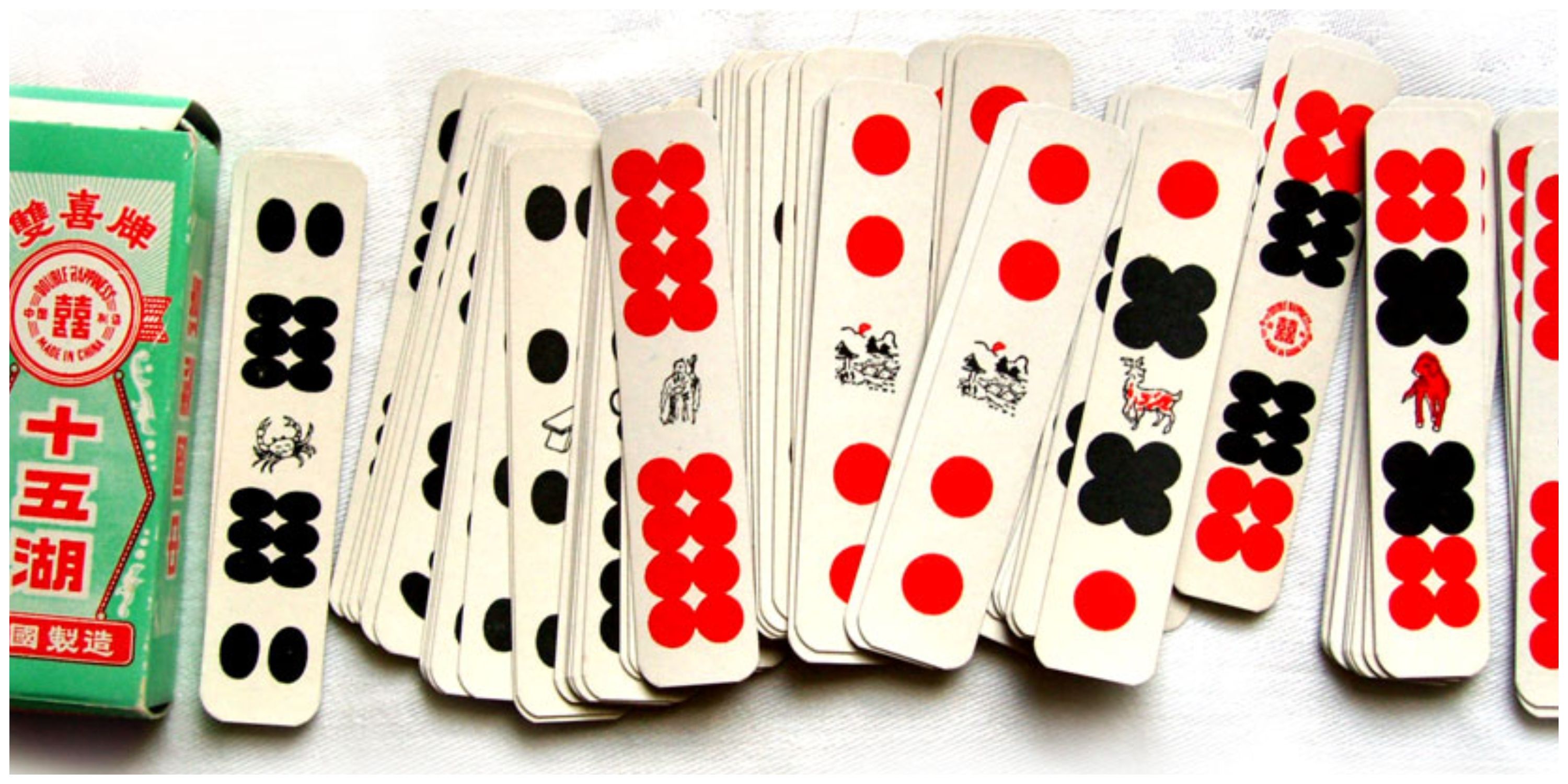Highlights
- Card games have a long and varied history, with different games originating from different parts of the world.
- Some card games, like Poker and Whist, have had a significant cultural impact and remain popular to this day.
- Older card games, like Noddy and Karnoffel, have lost their rules over time, but their influence can still be seen in modern games.
Card games are one of the oldest forms of tabletop games, with standardized decks of playing cards being the primary format in which they are played. These cards have gone through many changes and iterations over the years, and are different in all parts of the world. Countless traditional card games exist or have existed, but these examples provide a varied history of card games.
.jpg)
10 Board Games That Are Shockingly Old
These board games are staples in the tabletop gaming world, but most might be surprised by just how long they've actually been around.
Information and evidence of older card games exist in varying quantities, so while some of these games almost certainly came from a specific period, some have a less accurately recorded history. Regardless, it's safe to assume that all the games included are fairly old, though some of them are still played today.
Updated January 22, 2024 by Harry Ted Sprinks: With the popularity of tabletop games only increasing in recent years, and modern indie games embracing a variety of board game mechanics, card games are becoming an increasingly popular format for digital and physical games.
As such, there's never been a better time to look into where it all started. Unfortunately, players won't be able to play some of these old card games, as some of their rules have been lost to time.
10 Coon Can / Conquian
1887
- Potential Origins: Spain and/or the New World
- First Appearance: The Standard Hoyle
Coon Can and Conquian are similar, if not virtually identical, versions of a card game that is likely to have originated in Spain and/or parts of the New World, due to the fact that it was typically played with a Spanish 40-card deck. The game entered America through Mexico and quickly became popular in the bordering US states, primarily Texas.
The game first appeared in writing in 1887 as part of The Standard Hoyle, though as with all older games, it could be assumed that the game could have been around for an indefinite amount of time before that.
9 Poker
1829-1836
- Potential Origins: America
- First Appearance: Dragoon Campaigns To The Rocky Mountains
A classic American pastime, Poker is almost synonymous with playing cards, though it hasn't been around nearly as long as other card games and has even shown up in some video games. This is a testament to the game's popularity and cultural impact.
Although Exposure of the Arts and Miseries of Gambling (1843, Jonathan H. Green) and Thirty Years Passed Among the Players in England and America (1844, Joe Cowell) imply that Poker was widely played by 1829, the first evidence of the game stems back to the writings of J. Hildreth and their Dragoon Campaigns To The Rocky Mountains in 1836.
8 Juckerspiel
Late 18th Century
- Potential Origins: Alsace
- First Appearance: American Hoyle
It's almost inarguable that Juckerspiel is the originator of the popular card game, Euchre, and is believed to have been brought to America by German immigrants. The game originates from Alsace and is mainly considered to have been popular during the late eighteenth and early nineteenth centuries.
Later on, Juckerspiel was eclipsed by the immensely popular game Euchre, which popularized (and is considered to have necessitated) the Joker card. Although Euchre is still popular in America and some other parts of the world today, its popularity has steadily declined since the nineteenth century.
7 Patience
1798
- Potential Origins: France
- First Appearance: Das neue Spielalmanach für
The term "Patience" regarding card games can often refer to solo (solitaire) games as a whole, but the earliest mention of Patience as a game in of itself occurs in Das neue Spielalmanach für (1798) where it is described as a game for two players in which players take turns playing Patience, with both the players and potential spectators gambling on the outcome of the game.
The interesting thing about this reference is that it implies that Patience, a game typically assumed to be a solitaire experience, was originally played with two players. It could therefore be assumed that Patience evolved into a solitaire game through players practicing the game by themselves, only to find it an enjoyable pastime.
6 Whist
1674
- Potential Origins: England
- First Appearance: The Compleat Gamester
Although Whist was first described by Charles Cotton in his account of various game rules, The Compleat Gamester, in 1674, the game's widespread popularity wasn't fully developed until the early-to-mid eighteenth century, when famed English writer and card player, Edmond Hoyle, began to tutor the game before publishing his work on it, A Short Treatise on the Game of Whist, in 1742.

18 Popular Card Games You Can Play Online
Card games have been around forever and have never been more accessible. Here are 10 popular card games that are available online.
Whist is one of the most popular classic trick-taking card games, and remained fairly popular throughout the eighteenth and nineteenth centuries, though its popularity has died out since. However, Whist has seen many off-shoots since its original conception, including the famous Boston (Whist) and Knock-Out Whist.
5 Ombre
1665
- Potential Origins: England
- First Appearance: The Royal Game Of Ombre Written At The Request Of Divers Honourable Persons
This English variation of L'Hombre, which came from the Spanish card game, Hombre, was one of the most popular card games in the West until Whist came about and eclipsed it, which itself was later overshadowed by the still-popular partnership game of Bridge.
Although Ombre did come after other, older games, it's still one of the oldest card games to have been played and popularized, with its first concrete appearance in The Royal Game Of Ombre Written At The Request Of Divers Honourable Persons in 1665.
4 Noddy
1589
- Potential Origins: England
- First Appearance: Oxford English Dictionary
The earliest evidence of Noddy, which is predated by Costly Colours and is a precursor to the massively popular Cribbage, is an appearance in the Oxford English Dictionary in 1589. The game gets its name from its term for the traditional "Jack" card, which was often known as a "Knave" in other games, and known as a "Noddy" (a popular English term for a fool at the time) in this game.
The game itself is extremely similar to Cribbage in both its scoring (players can use cards to make fifteens and count cards more than once in different combinations) and the peg-and-hole board to keep track of the game.
3 Thirty-One
1440
- Potential Origins: France
- First Appearance: A French Translation From 1464 Of An Italian Monk's Sermon
This precursor to the gambling game Vingt-Un, the originator of the essentially identical game Twenty-One (otherwise known as Blackjack), is extremely similar to that of Twenty-One, with its core difference being fairly obvious: the reduced target count.

5 Games That Include Casino Mini-Games
With most developers obscuring the lines between reality and fantasy, the addition of casino mini-games to their titles seems like a no-brainer.
Thirty-One isn't just one of the oldest card games, it's also one of the oldest gambling card games, dating back to a 1440 sermon of an Italian monk and "mentioned by name in a 1464 French translation." The card game remained popular, especially in France, through to the eighteenth century, and began to die out sometime during the nineteenth century as it was eclipsed by its successor, Twenty-One.
2 Karnoffel
1426
- Potential Origins: Germany
- First Appearance: The Passing Of A Law In Bavaria, 1426
As far as European card games go, Karnoffel is the oldest of them all, with evidence of its existence dating back to the passing of a law in the German state of Bavaria in 1426 that allowed the councilors to play the game at an annually held festival. The game was played with a standard deck of German-suited cards that included the suits of acorns, leaves, hearts, and bells.
Unfortunately, the original rules for Karnoffel are long gone, and many have abandoned hope of recovering them, though some have attempted to reconstruct them based on the limited information available. Karnoffel is arguably responsible for many of the tropes that exist in more modern European card games, especially in trick-taking games, most notably being responsible for the general rule that the Ace beats out the King.
1 The Chinese "Leaf" Game (Yezi Ge)
618-907
- Potential Origins: China
- First Appearance: The Works Of Ouyang Xiu
It is widely considered that playing cards originated in China in the form of a game called yezi ge, which translates to "the game of Leaves", between 618 and 907 during the Tang Dynasty. This assumption, however, relies on the basis that the term "leaves" refers to paper cards. Some believe that this card game was actually a paper version of dominoes.
Assuming that "the game of Leaves" refers to the playing of cards (and not the "leaves" of a rule book detailing a dice game, as written by historian Ouyang Xiu), yezi ge is one of, if not the oldest playing card game to have existed.
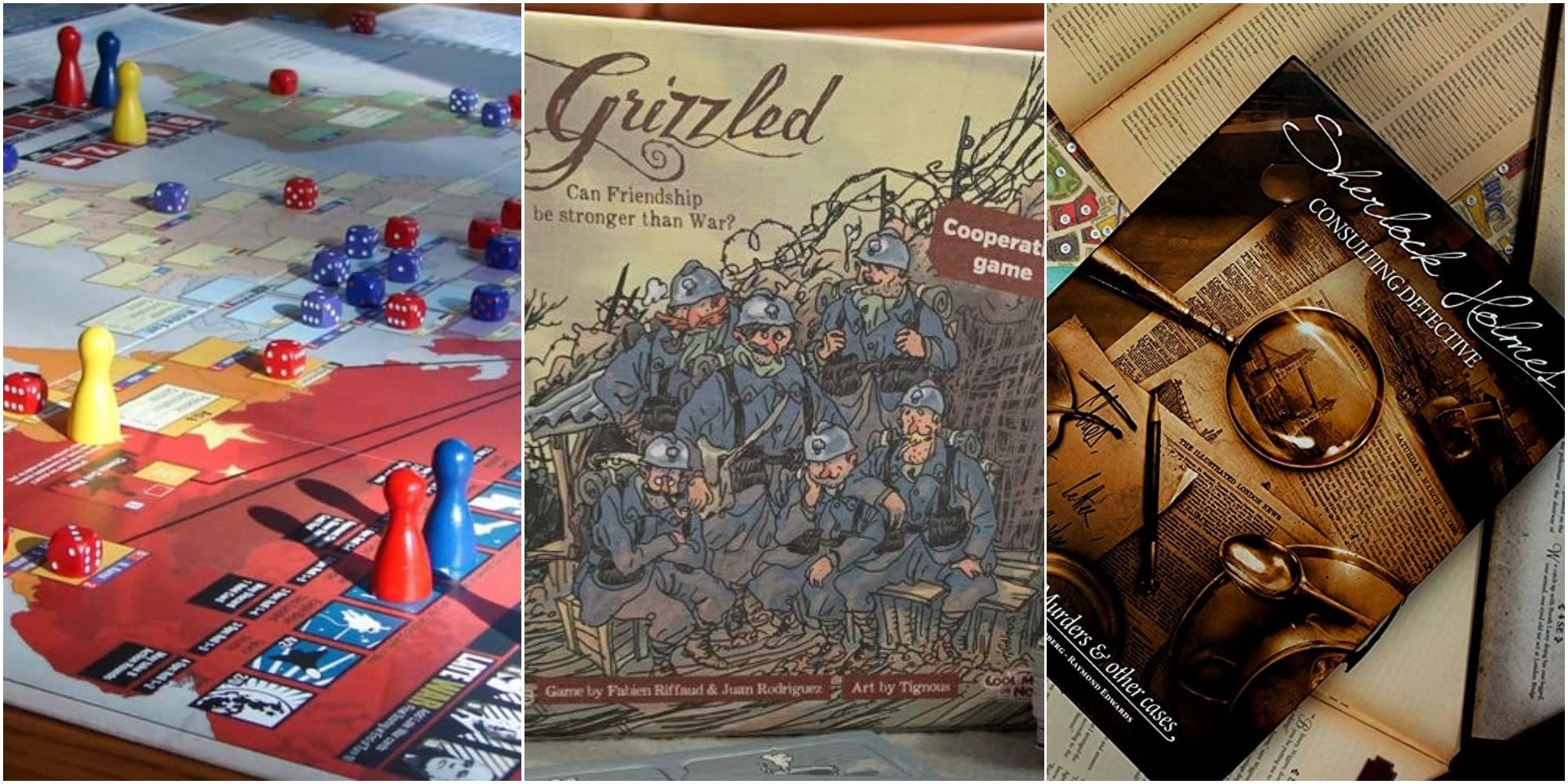
14 Best Board Games For History Fans
For history buffs looking to immerse themselves in their favorite subject, these board games provide hours of educational entertainment.

